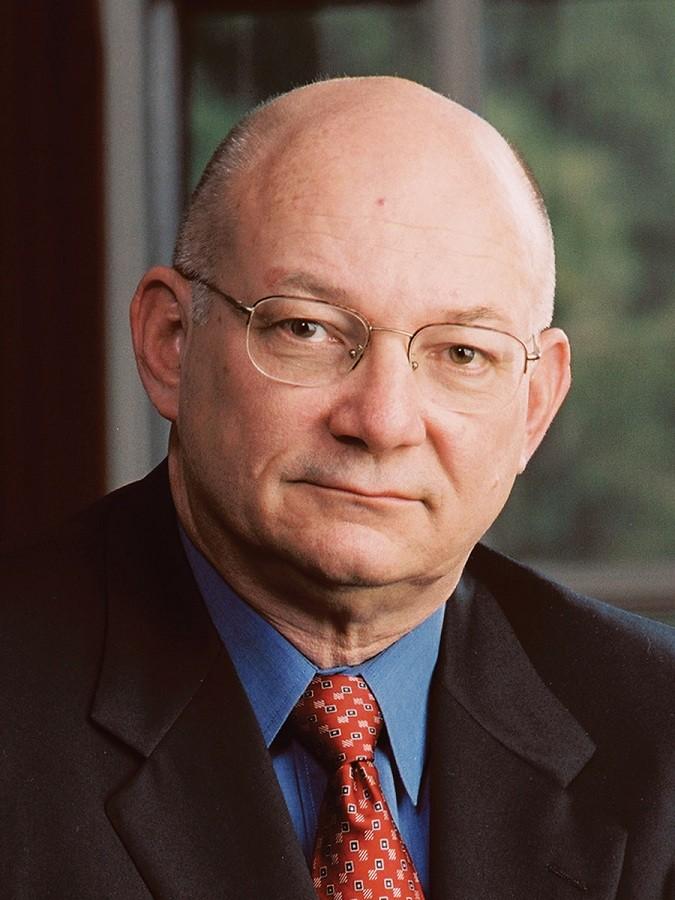To compensate for decreased funding from the state of South Carolina, President Fred Carter and the Board of Trustees at Francis Marion University have approved a tuition increase for the 2012-2013 academic year.
“We worry a great deal about tuition increase,” Carter said. “We take that responsibility very seriously.”
Carter said with a majority of the students at FMU coming from families of moderate means, he and the board understand that any increase in tuition can be a burden. With that in mind, he said the school looked for ways to absorb some of the costs.
By rearranging some costs, and cutting other “non-necessities,” the University was able to keep the increase at 3 percent, when increased costs for fuel and other expenses could have taken it higher.
“We really start [talking] in January,” Carter said. “We try to decide how we can meet the costs of running the institution while keeping the tuition as moderate as we possibly can.”
The 3 percent increase was the cap suggested by South Carolina Senator Hugh Leatherman, who sent a letter to all state schools cautioning them against tuition increases. If an increase was absolutely necessary, Leatherman suggested a raise in tuition of no more than around 3 percent.
Carter said he is always aware of how FMU’s tuition compares to other four-year schools in South Carolina. He is proud there are only two public colleges, USC Aiken and USC Beaufort, which have tuition rates lower than those of FMU. The 3 percent increase translates to approximately $132 more per semester for in-state undergraduate tuition. The total per semester will be $4,533, with a full year rising to $9,066.
Knowing many FMU students require some form of financial assistance, school officials also sought to increase institutional scholarships that are available to students who need the most assistance. Carter said he believes there will be an 8 to10 percent increase in funds in the general scholarship fund this year.
With both the Performing Arts Center and the Griffin Athletic Complex built within a short period of time, maintenance costs could have potentially been another expense passed on to students. However, because the University has raised around $62 million since 1992, aside from the private funding they also received from individuals, much of the costs were covered by funds the University already had.
Additionally, Carter said the PAC was profitable and remained in the black for its first year, bringing in around $58,000 in revenue. The construction of both the PAC and Sparrow Stadium also brought in donated funds from FMU alumni and other supporters of the FMU.
Although the new stadium is home to the FMU Patriots, local baseball team the Florence Red Wolves also used the stadium for some of their home games. Carter said the arrangement made with the Red Wolves for the summer brought people to FMU who have never been to the institution before. People, Carter said, who may not have set foot on a college campus otherwise.
In the 13 years Carter has been president of the University, the decrease in state funding to the school has been substantial. In the past, FMU has received money to cover around 65 percent of the budget. Now, only 18 percent comes from the state. Less than $10 million is still being given to cover costs the state requires of the school, such as personnel fringe benefits covering employee insurance and retirement.
Carter said despite the hard times, the school has endured over the last few years. According to Carter, FMU has not participated in any lay-offs of its faculty and has continued to increase the program offerings.
